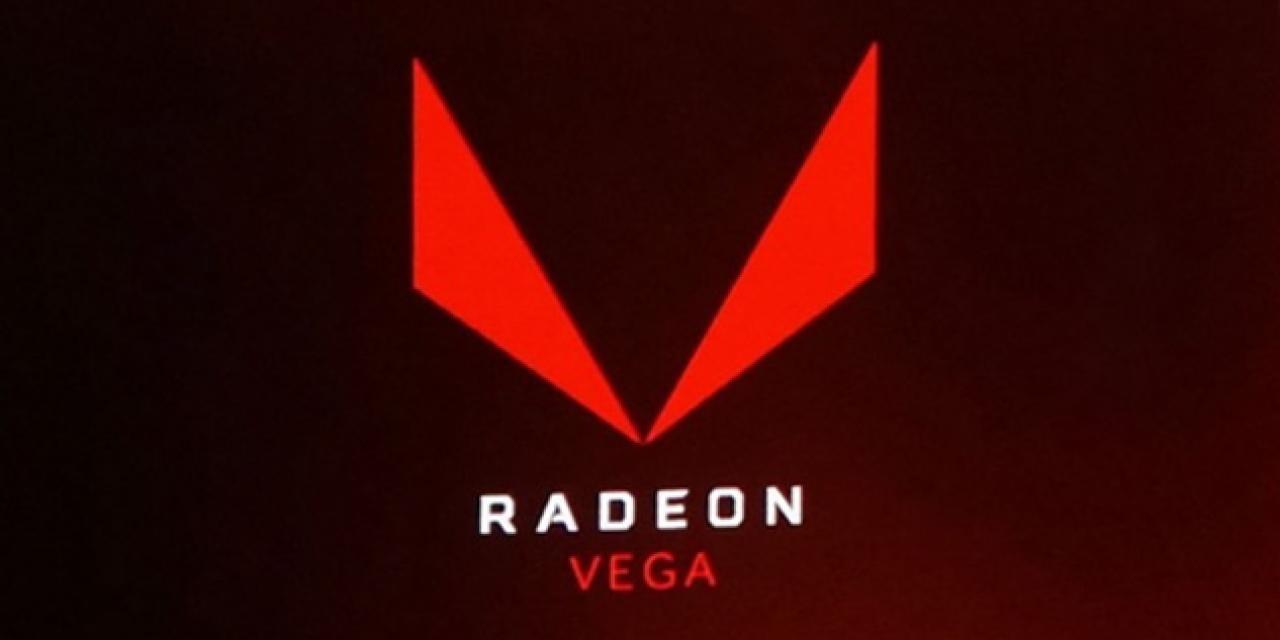
AMD's Vega graphics cards are only a month or two away from release and they have a lot of people cautiously excited. In the same way as AMD's Ryzen CPUs brought the fight to Intel's top end processors, many hope that Vega can offer stiff competition for Nvidia's Pascal graphics cards.
There have been a number of leaks and rumored information about the graphics chips at the core of this new line of cards over the past few months, giving us an idea of what we can expect. While we cannot officially confirm much of what's been leaked out, they do let us know what Vega should be capable of.
Although AMD has made a number of claims over the past six months or so, the first real hint we had at the range's potential performance came in early March, when a listing appeared on CompuBench with a device ID that has been linked with AMD's Vega line. It told us that the Vega chip had 64 compute units, with 4,096 stream processors and would run with a core clock somewhere between 1,000MHz and 1,200MHz.
Those specifications would give the card an estimated 8-10 teraflops of raw power, as much as 10 percent more than a GTX 1080 and a big leap beyond a GTX 1070. It was still bested by a GTX 1080Ti and the Titan X and Xp in the Pascal range, but offering solid competition for top-tier Nvidia graphics cards would be very impressive, as it's been years since AMD was capable of something like that.
Of course these results don't give us the whole picture and we don't know where in the Vega range such a card would fit, but it was an exciting start down the Vega rabbit hole.
We got our next indication of potential performance at the start of May, with a posting on the 3Dmark comparison website for a "Generic VGA" card with an AMD Vega device ID. Paired up with a Ryzen 7 1800X, this GPU delivered a score just shy of 6,000 points. Hardly a world beater, but it put this card in line with a GTX 1070.
That's not as impressive as the CompuBench result of course, but then again, there is no indication of whether this is a mid-range part, of something we can expect to be closer to the top end of what Vega is capable of.
Even if AMD offered comparable performance to Nvidia's GTX 1070 this year, with typically competitive pricing, that would still be a big step for AMD to take, though of course not quite as hefty as some fans would like.
It is also worth bearing in mind that any pre-release tests will be done with beta drivers which are far from as optimised as they could be. It's also possible that the 3Dmark score could have been improved if conducted with an Intel CPU.
The latest leak looks more at the specifications of the hardware itself. A Linux driver update submitted by AMD gives us perhaps our best look at Vega's makeup yet (via WCCFTech).
It confirms earlier reports that the Vega GPU will feature 64 compute units and 4,096 stream processors. This is double the number we see in AMD's RX 470 graphics chip. It also has double the number of render output units of an RX 480 – so it should be mighty powerful.
The GPU is said to be built upon a 14nm process, with 8GB of HBM2 memory offering huge bandwidth compared to other contemporary cards. With a huge, 2,0480-bit memory interface, the memory performance of Vega should outstrip all of the competition. If its core clock could be raised to around 1.5GHz too, Vega could even potentially outstrip monster Nvidia cards like the Titan Xp, though that seems unlikely at this point.
Still, with aftermarket cooling solutions and third party iterations on the design, it's certainly possible that hefty overclocks of Vega could yield huge performance gains.
While there is some discrepancy between the different results we've seen from pre-release Vega testing – which does call the results into question – what's probably happening is that we are seeing the results of different cards. It's quite possible that AMD has a full range of Vega cards that can go head to head with the GTX 1070, right through to the 1080 and maybe even the Ti.
If so, this could be a very exciting release that puts Nvidia on the defensive for the first time in years.
What do you guys think of the Vega leaks so far? If the real world performance is as impressive as these benchmarks suggest, would you buy one over a Pascal Nvidia card during your next upgrade?
